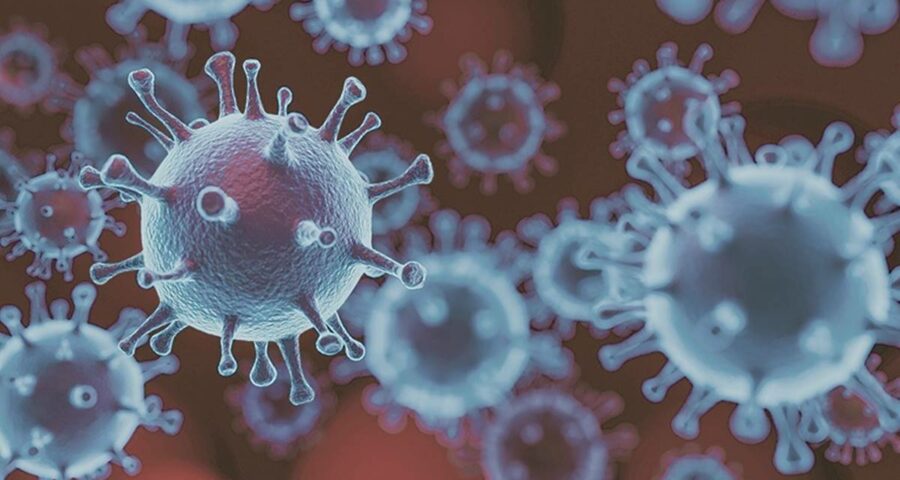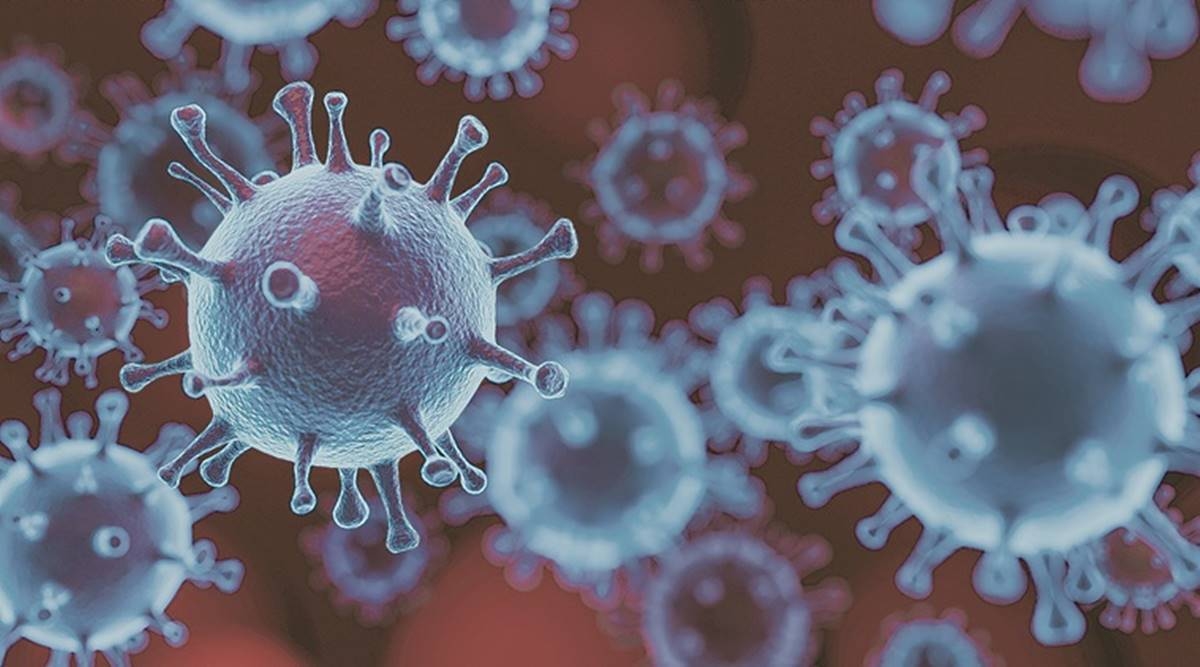The man is Nadim Sevingya who was the among the first confirmed cases of Covid-19 on March 19 last year, when he returned from the Umrah pilgrimage.
Inside a small two-storeyed premises on the bank of Aji river in Rajkot, smell of diesel rents the air as around a dozen men work their computerised numeric-control (CNC) machines and lathes. A tall and stout man with a bidi between his teeth gets into a banter with his uncle and helps one of the workers readjust settings of the CNC machine. Thirty minutes later he orders chilled soft drinks for his workers.
The man is Nadim Sevingya who was the among the first confirmed cases of Covid-19 on March 19 last year, when he returned from the Umrah pilgrimage.
Nadim the boss, is in stark contrast to the genteel young man this paper had met a year ago, dragging his feet out of the Covid-19 hospital, weeping on his mother’s shoulder when he was discharged on April 2 last year.
Sevingya Industries, which Nadim runs with his brothers, manufactures sewing machine parts. One bitter memory of the Covid-19 stigma, he says, is how his factory got no orders after it opened in August, when people found out he had got the coronavirus.
In between checking his order book, the 33-year-old says, “I can’t gather why only I contracted the infection even as all of my family members, including my little children, who were constantly with me, were never affected. We had breakfast at my uncle’s home the morning after we returned from Saudi Arabia and they all kissed me. Nothing happened to them either.” Thankful to the doctors of the Covid-19 hospital run on the premises of the government-run PDU Hospital, the Class 10 dropout says, “The disease had the entire world terrorised. I was also shaken. But the doctors took good care of me and thank Allah, I was able to reunite with my family after two weeks.”
Nadim and nine members of his family landed in Mumbai on March 8, 2020, from Jeddah in Saudi Arabia after umrah. From Mumbai, they boarded a train to Rajkot. But a few days later, Nadim the eldest of Kassam Sevingya’s two sons, was down with fever. He went to a local physician twice but fever persisted and eventually he was admitted to the Covid-19 hospital on March 17. He tested positive two days later.
After his case, Leuva Patel Society in Jungleshwar, where he lives, was declared a cluster and was barricaded for two weeks. In the following few months, the Muslim majority locality of mostly daily-wagers small-time traders registered more than 70 cases and seven deaths, including that of then sitting Congress corporator Harun Dakora.
Though factories elsewhere started operations in May, Nadim could reopen his unit only in August. “Many areas, including the one where my unit is located, were containment zones. We managed sail through the extended lockdown and kept paying to workers but when we resumed work, my customers were not ready to purchase from me as I had contracted Covid-19. We had no orders for two months.”
Nadim was among the first recovered patients in the state to donate blood plasma to help treat other Covid-19 patients. He says he doesn’t think about the disease much but takes precautions. “Has any cure been found for this disease now,” he asks. His parents are above 60 years of age and therefore eligible to get Covid-19 vaccine free of cost, but they haven’t been inoculated yet. “Is it indeed free?” Nadim asks, almost sceptic.
Dr Manish Chunara,deputy health officer of Rajkot Municipal Corporation, says, “Vaccination drive is going on in Jungleshwar but the overall response has not been encouraging so far. We are trying our best to sensitise them.”
Source: Read Full Article


